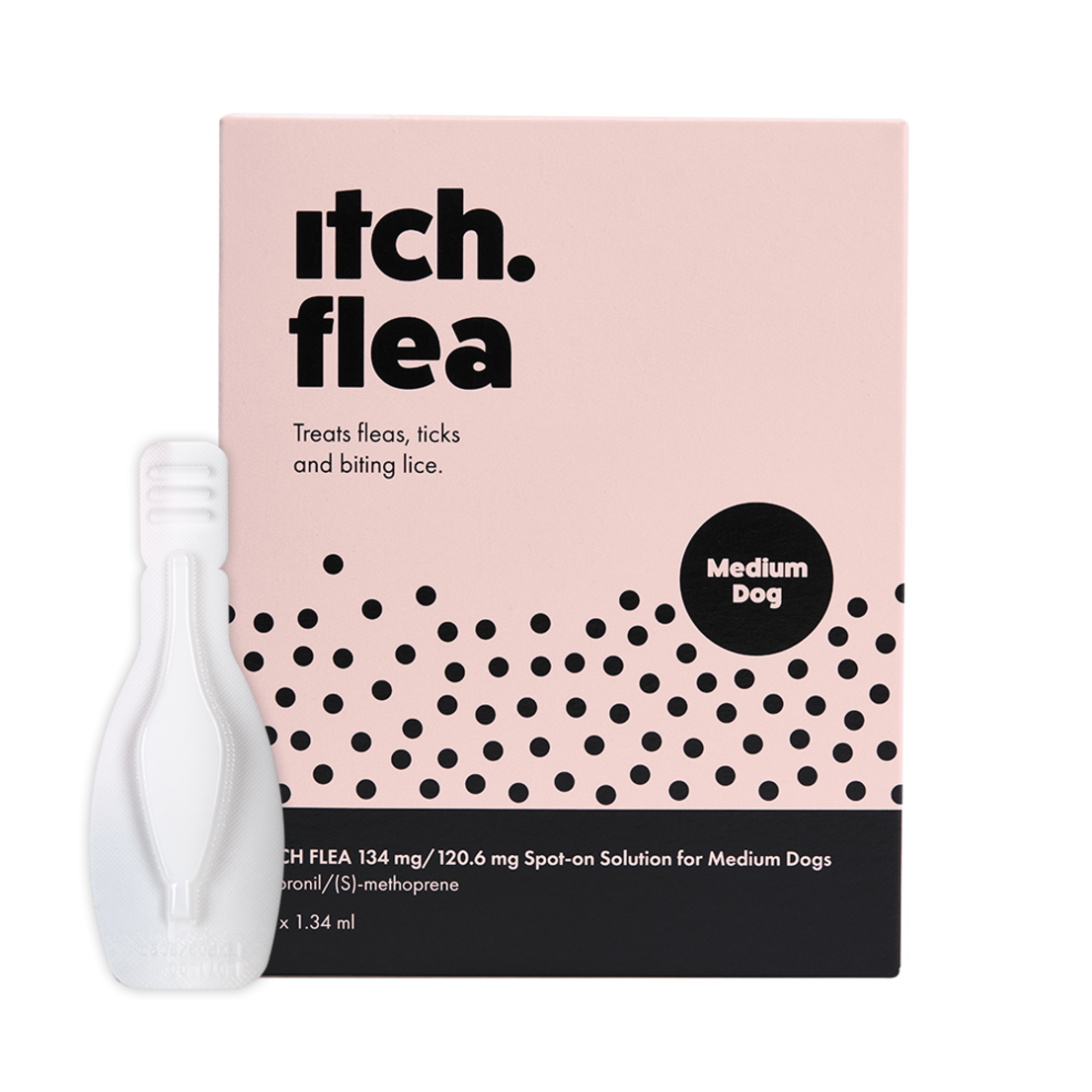
They can be found anywhere on the body, but the hind legs, tail base, and back end are the most common. There are several possible reasons for that:įlea Bites - Flea bites on your dog can cause excessively itchy skin. This means that your dog's body overreacts to an allergen in the environment or food, causing itching. Wondering what is the cause of your dog's itchy skin? It could result from a medical condition known as allergic dermatitis (skin allergies). You've used all dog bath shampoos and experimented with all-natural remedies, but nothing seems to work for your dog's itching. Read on the blog to get some answers and solutions. Now you might be having questions popping into your mind about your dog's itching, causes and treatment. While the dog scratching its body from time to time is completely normal, excessive scratching necessitates a remedy or treatment.īefore beginning any treatment, like trying an itchy dog shampoo or a natural remedy, it's critical to determine the underlying cause, whether it's an allergy, hormonal imbalance, or fleas and then treat it accordingly.
#ITCH RELIEF FOR DOGS WITH FLEA BITES SKIN#
So, treating your dog's itchy skin comes first. Hearing the sound of your dog scratching and watching it roll around uncomfortably is not a very pleasant experience. We will be happy to discuss the pros and cons of the various treatments for FAD with you during your pet’s examination, and will recommend the safest and most effective treatment plan for your pet’s individual needs.An itchy dog is an unhappy and uneasy dog. If your dog has developed a secondary bacterial skin infection because of the scratching, antibiotics may also be necessary. The goal is to use the lowest dosage of corticosteroids as possible, as infrequently as possible, preferably on an alternating-day basis. Combining corticosteroids with antihistamines and/or Omega fatty acid supplements is an ideal regimen for many patients. Steroids can be safely used for short-term relief while flea control is being implemented. The long-term use of corticosteroids can ultimately result in more harm than good. However, there are significant potential side effects to steroid use. They often bring about miraculous relief from the itching. What about steroids or other drugs?Ĭorticosteroids, “cortisone” or “steroids” are widely used to treat FAD. Desensitization therapy is successful in approximately half of FAD cases. In some cases, these allergy injections may be required for the pet’s life. What about desensitization?ĭesensitization or administering “allergy injections” involves injecting increasing doses of a diluted flea antigen over a prolonged period. Outdoor dogs pose a particular challenge. Even if you have not seen fleas on your dog, it is important that you continue rigorous flea treatment and maintain environmental control. Since the injection of flea saliva causes the allergic response, it is important to prevent fleas from biting your dog. Intradermal allergy tests (skin tests) or specialized blood tests (IgE blood tests) can confirm a flea allergy in your dog. Itching and hair loss in the region from the middle of the back to the tail base and down the rear legs (the “flea triangle”) is often associated with FAD. How is flea allergy dermatitis diagnosed?Ĭlinical signs often give the first clue that your pet may suffer from FAD. Are only certain dogs allergic to fleas?įAD can affect any adult dog although some breeds appear to be more prone than others are.

In fact, a single fleabite can cause itching for days.


“A single fleabite can cause itching for days.”ĭogs with FAD do not have to be infested with fleas to be itchy. Proteins in the saliva cause an intensely itchy response to sensitive dogs. When they feed, they inject a small amount of saliva into the skin. However, they do not usually remain on the dog except when they are feeding. Adult fleas require a blood meal in order to reproduce. What is FAD?Īs in any allergic reaction, the immune system is overreactive and produces antibodies to a substance that it would normally tolerate (in this case, the saliva of fleas). In this post, we’re going to explore how it works, how we diagnose it, and how we can prevent and treat it to keep your pets itch-free. Flea allergy dermatitis (FAD) is the leading cause of itching in dogs.


 0 kommentar(er)
0 kommentar(er)
